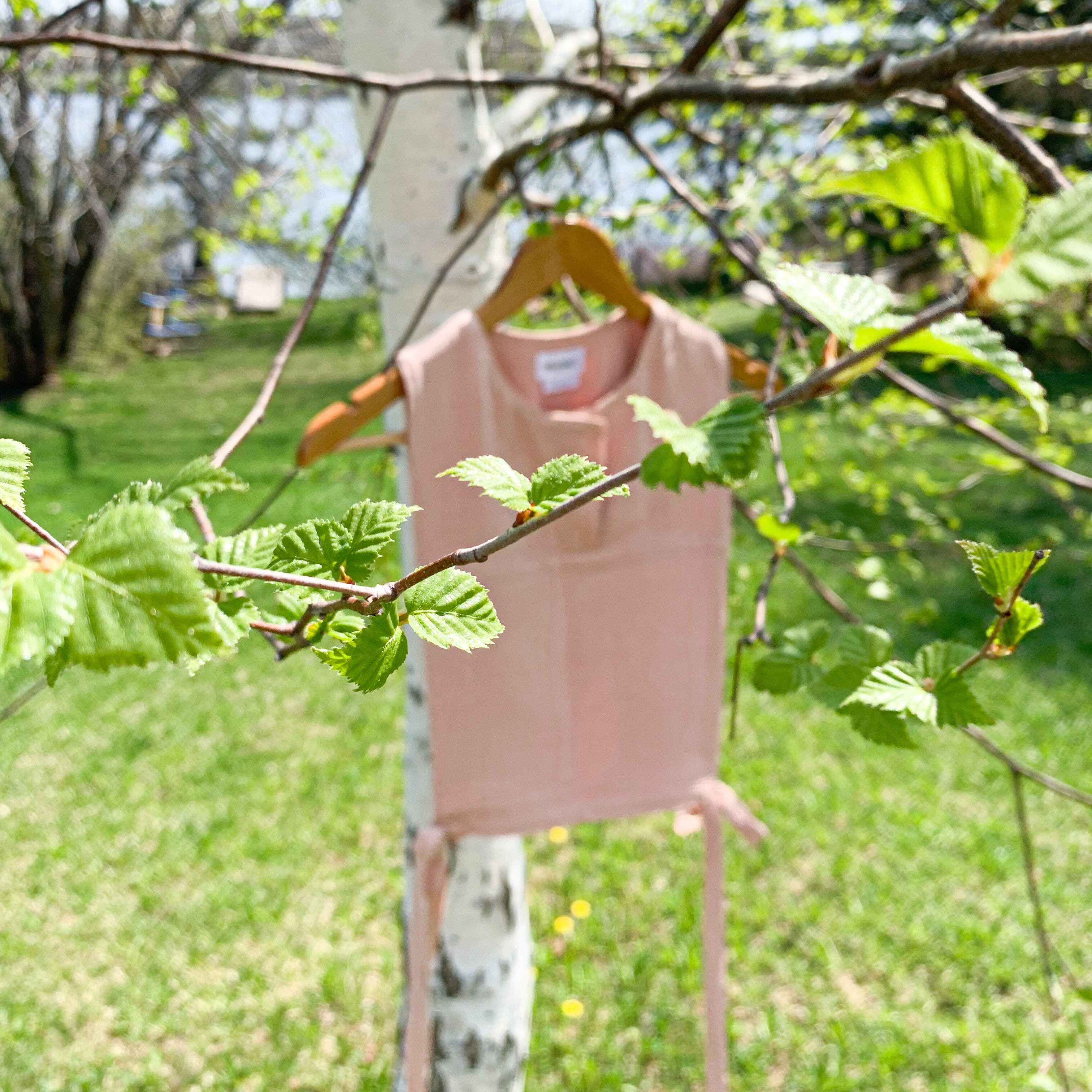Did you know that the fashion industry is one of the most polluting in the world? That forced labor and slavery still exist today? Whether through the exploitation of natural resources, the manufacture of raw materials, the production of clothing, mass distribution or the way of disposing of scrap, there is currently no perfect method without negative impact. We must therefore be aware that when we buy a garment, an accessory or any good, the environmental and human repercussions are very present.
Despite everything that we can read or hear about so-called "eco-responsible" or " eco-friendly " or " sustainable " or "ethical" companies, none are completely so. Oh no, it doesn't exist. To be so, all of a company's activities (from the supply chain to shipping to consumers) would have to have no negative impact on the environment and on people. Additionally, these terms are not controlled by law or regulation. So, any company can use them without having certification.
On the other hand, fortunately, more and more companies are mobilizing and opting for more responsible practices.
We must also pay attention to " greenwashing" , which is very present on the market - Greenwashing: marketing process giving false information or distorted information to appear more eco-responsible. So don't hesitate to ask companies for more information about their practices. If a company mentions having ecofriendly practices, it should be able to back up its words and be transparent about it.
We are fortunate, in Quebec and in Canada, since there are several beautiful companies (in fashion or not) wishing to reduce their environmental impact and opting for more sustainable practices.
I have compiled a list for you on how to dress more responsibly:
1- Not buying new clothes. For example: Swap clothes and accessories with your friends and family. Shop at second-hand stores.
But hey, I know sometimes it's hard. In reality, not everyone likes the idea or does it without exception. We like to have fun and treat ourselves to something new sometimes! This is why my list does not end here.
2- Buy pieces that will last a long time. Yes, that is important. Choose quality clothing from companies that have proven themselves in this regard. Buying clothes and wearing them only a few times before throwing them away, it's old fashioned ;) Tell yourself that if you paid only a few dollars for your garment, it must have cost a lot more (in terms of the quality of life or work) to those who produce it.
3- Control the urge to buy impulsively. Many times, we say to ourselves: "Oh it's not expensive! I'll buy it!". No. Think instead: What are you going to pair it with? Can you wear it with several items from your wardrobe? Will it last long? Will you be really happy with your purchase? The goal, in the end, is to reduce the quantity of our purchases. The problem, above all, is overconsumption. Buy less, but better!
4- Buy fairly easy-care clothes. The idea is that if your garment requires complex maintenance, you may discourage yourself from wearing it.
5- Prioritize more natural materials (like linen, hemp, lyocell, organic cotton, etc.) or recycled ones. There are always positive and negative sides to any fabrics. Some have more interesting characteristics - see my article on Textiles & their characteristics. Synthetic materials (like polyester, nylon and acrylic) are created from petroleum or coal. According to Équiterre, they are less expensive and often durable, but are very polluting during their production and non-renewable.
6- Buy locally. Obviously, it's great for the economy here and it helps reduce transportation. Buy local, yes, but buy from a local company with transparent practices, yes yes yes!
PS When I talk about transparent practices, I'm not talking about perfect practices without negative impacts. I'm talking more about companies that want to improve and make efforts in terms of responsibility.
Of course, without forgetting:
-Use biodegradable detergents.
-Do not use dryer for your clothes (better for clothes anyway!).
-Do your own research and do not rely exclusively on the promotional statements of companies.
There are no perfect companies or miraculous practices that can eliminate our environmental impact. However, as a consumer, it is important to ask questions before making a purchase and to encourage businesses that share our values. We must keep in mind that the consumer is the main actor for all companies. It is he who holds the final power.
The above information is based on general research, my personal experience and my opinion. If you have any comments, do not hesitate to contact us at info@valeriecdesign.ca. We will be happy to discuss it with you and improve this article!
Reference :
I enjoyed reading this article from Équiterre: https://www.equiterre.org/sites/fichiers/divers/guide_vetement_responsable_2008.pdf



Leave a comment